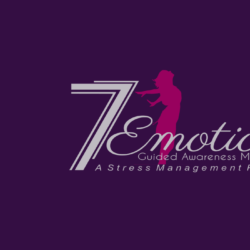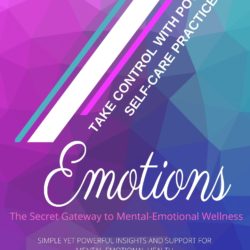What is PTSD?
PTSD is a physiological disorder that can result from being exposed to a traumatic event. The disorder results in several different symptoms.
- Re-experiencing. Some PTSD sufferers relive the traumatic event over and over. This can be in the form of bad memories, nightmares and flashbacks. Sights, sounds and smells can trigger re-experiencing the event.
- Sometimes people with PTSD avoid the people, places and events that remind them of what happened.
- Symptoms of numbing include trouble expressing emotions, loss of interest in enjoyable activities, and the loss of memory of parts of the traumatic event.
- Anger, irritability, trouble sleeping, trouble concentrating, feeling on guard and being easily startled or surprised are common arousal symptoms.
The effects of post-traumatic stress disorder in someone’s life can be far reaching. Feelings of hopelessness, shame and despair, problems at work or with relationships, serious health problems, depression, anxiety and drug or alcohol abuse are not uncommon.
How Can I Help my Friend or Relative with PTSD?
There are many ways you can help your friend or relative with PTSD.
- Learn everything you can about PTSD so you have a good idea what your friend is going through.
- Offer to go to doctor visits with your friend. Help keep track of medications and therapy. If your friend is learning new techniques to cope with stress, ask if there is any way you can help.
- Be available to listen, but be understanding if your friend doesn’t want to talk. Listen with an open heart. Don’t judge, argue or problem-solve. Listen with compassion.
- Plan fun activities to get him. Be aware of events or environments that are difficult and plan events to be as stress-free as possible.
- Encourage your friend to get support from family and old friends.
- Pay attention to any comments about hurting himself and report them to him therapist or doctor.
Sometimes supporting someone with PTSD is challenging. Get support for yourself so you are able to help your loved one. Seek safety and help immediately if your friend or relative becomes violent or threatening.
PTSD Crisis Resources
If you or your loved one is in crisis:
- Call 911.
- Go to your nearest Emergency Room.
- Call the National Suicide Prevention Lifeline: 1-800-273-TALK (1-800-273-8255). Press “1” if you are a veteran.
- Call the National Suicide Prevention Lifeline in Spanish/Español 1-888-628-9454.
- Go to the Veterans Crisis Line website to chat live with a crisis counselor at any time of day or night.
Related PTSD Articles:
Photo by Andrew Mason | CC BY 2.5 via Wikimedia Commons.





